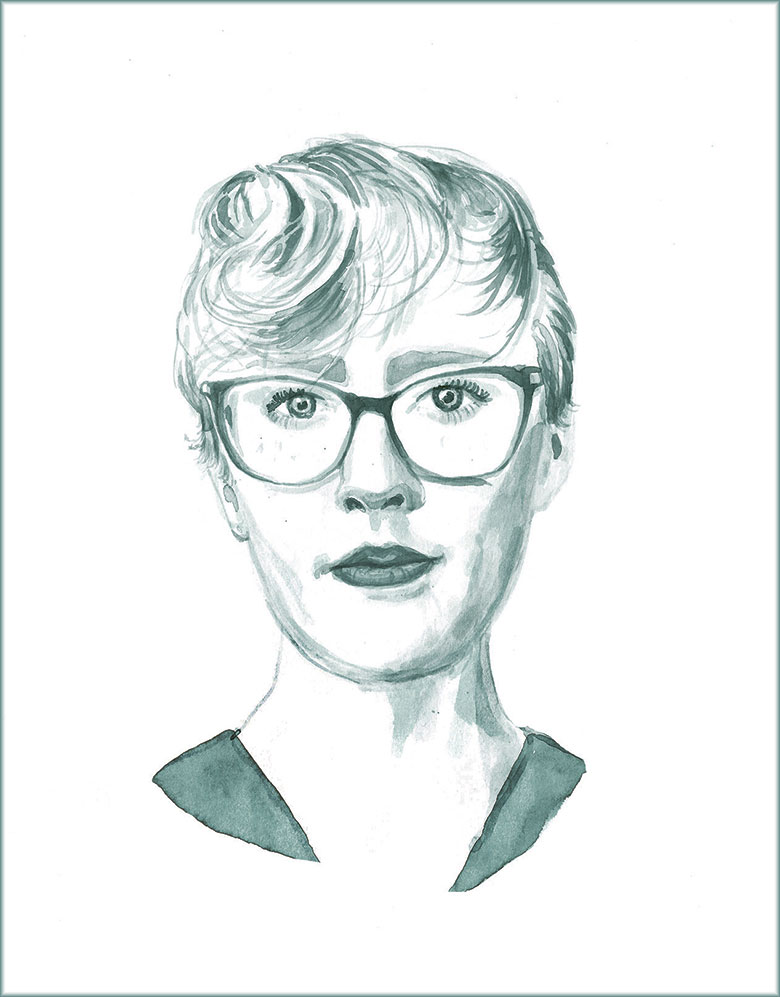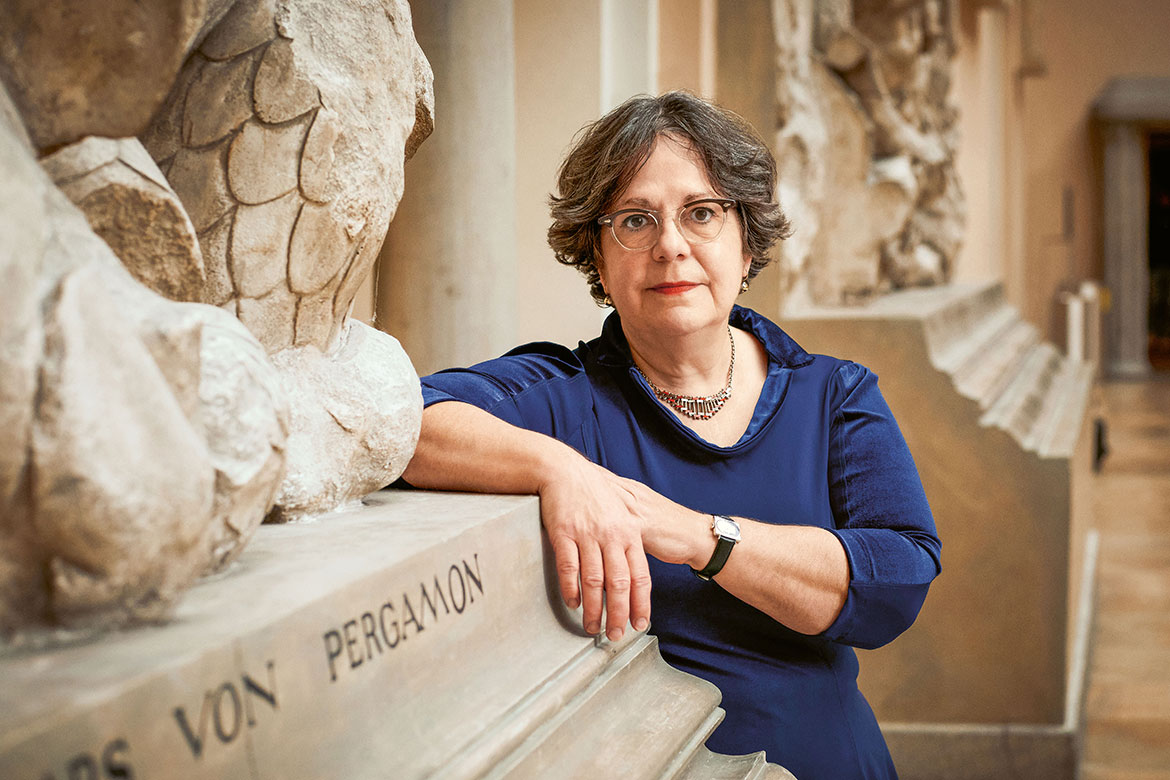NEW OPINIONS
We need a new culture of collaboration
Research has never been the achievement of a single brilliant academic, but always a collaborative effort, says Hanna Schoch, who’s doing her doctorate in American Studies at the University of Zurich.

At the University of Zurich, one of Hannah Schoch’s tasks is to promote young scholars. | Illustration: Stefan Vecsey
At a panel discussion organised by doctoral students and postdocs, we talked about how we might develop a better culture of collaboration in a system that is today geared instead towards competition. This event confirmed for me yet again that scholars of the younger generation, more or less irrespective of discipline, desire to establish a different kind of research culture. But we also had an earlier conversation with an eminent group of professors who were insistent that, when it comes to actually writing texts, research is ultimately the work of an individual.
This notion of the research genius with their brilliant ideas is still deeply anchored, especially in the humanities. But in fact, we often forget that research has always been collaborative. Our own work is built on that of those who went before us, and in the best-case scenarios, we develop our work within a process of continuous dialogue with colleagues and students. Working like this helps us not least to reveal our own blind spots.
We are all already familiar with the kind of collaboration in which we exchange data, divide up the writing of different chapters between us, and share our interim research results with colleagues to hear their feedback. At present, I am working on a special issue of a journal together with two colleagues from Germany. But we are going one step further: we wrote the introduction to the issue together, at the same time, in a shared document.
That meant we could react to each other immediately, complement each other and compare what we were writing. This is an intensive way of working because you are constantly exposed to the immediate feedback of the others. What’s needed are multiple perspectives and an ability to deal with conflict. It’s imperative to practise a culture of mutual esteem, openness and respect. The efforts of the individual then naturally take a back seat.
At our podium discussion, we were unanimous in our belief in the motivational power of good collaboration, and in our conviction that it brings results. Our journal submission was consequently recommended for publication without further revisions. Regrettably, in the rat race that is today’s research system, there is usually insufficient time and space to develop and practise a culture of collaboration such as this.




